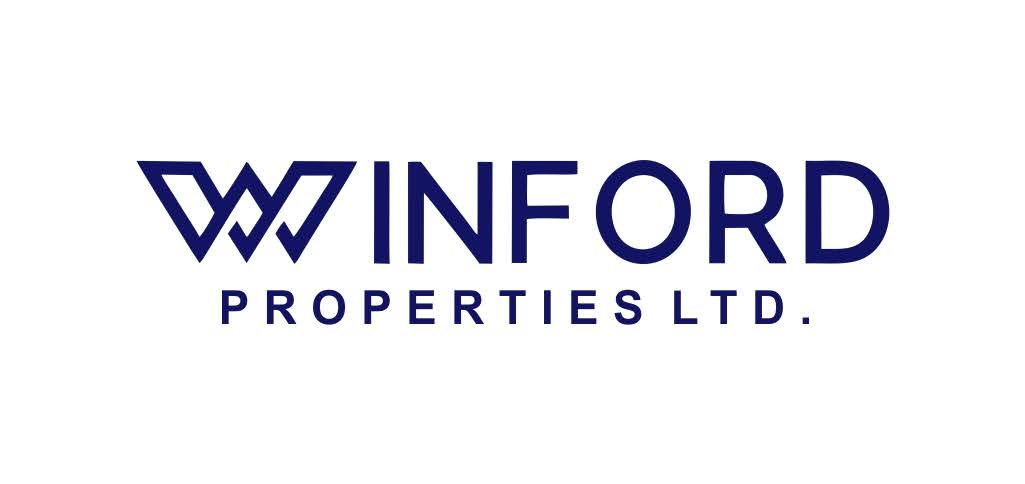Although many people find financial success through investing in rental property, this does not mean that doing so is simple. As with any enterprise, there are tactics you may employ to better the odds of success and lessen the likelihood of failure. Here are 8 things you should know before investing in rental property in Nigeria:
Don’t Assume That Every House Will Be A Good Investment.
Every home is different. You don't have to love a place to rent it out successfully. Find out what people are looking for in a rental property. A two-bedroom, one-bathroom house, for instance, may turn out to be a fantastic deal. However, it is so cheap because it caters mostly to families, and no family is interested in purchasing a home that is so inadequate for their needs. Putting money into apartments like this might not be wise.
When Looking For A Rental Property, Location Is Always A Priority.
There is no more important factor than location, trust us! Nearby conveniences, such as schools, parks, and businesses, are important to tenants. The rental price of a residence is usually always higher if it is close to a city's commercial core or a large company. A house close to a beach, an exciting neighbourhood, or any other amenity is likely to increase its value. It goes without saying that if you want to buy an investment property in a desirable area, you should be prepared to pay a premium. It is up to you to do the math and determine whether or not, given your circumstances and priorities, this is still a decent offer.
The Standard Rule Of Thumb For Rent Is 1% Of The Property's Value.
When determining whether or not to invest in a rental property, it is recommended that the monthly rent amount to at least 1% of the home's worth. But remember that actual prices may differ depending on the state of the market. It's possible that in more competitive marketplaces, your profit margin will be lower, or that you might agree to pay a lower rent at first in the hopes that it will eventually increase at a higher rate than inflation. You may repay the expense of any planned renovations by charging even more for rent.
Various Tax Benefits May Be Available.
It is a commercial venture to acquire real estate for the sole purpose of renting it out. Therefore, you can write off repairs and renovations that homeowners generally can't. However, you may be subject to income taxes on your rental earnings. In addition, you might have to pay a higher property tax rate or lose the primary residence exemption you were counting on.
Property Rental Is A High-Stakes Enterprise.
It is possible to lose money as a landlord even if you are exceedingly careful. The loss of rental income due to a tenant causing extensive damage or an economic downturn could leave you unable to pay your mortgage. For instance, during COVID-19, many landlords had to sell their houses since their tenants could no longer afford the rent because of the widespread loss of employment and eviction moratoriums.
You're In Charge Of Repairs And Upkeep.
You're responsible for leasing out space and keeping things in working order as the building's landlord. This usually entails making immediate repairs instead than waiting. Even while you may have some leeway in shifting maintenance costs to tenants, you may be limited by regulations in effect where your property is located. Tenants could be asked to do things like trim the flowers or maintain the yard. In most cases, you will not be able to force them to address basic comforts like clean water or even heating.
Double-Check The Leases With The Current Tenants.
You should talk to any present renters on the property about the rental agreement in-depth and request copies of any existing leases that could affect your rights as the property's owner or manager.
Be Sure To Keep Detailed Records.
Get ready to evaluate and rent to tenants and manage your property by gathering all the necessary documentation before you find a tenant. Get a lawyer that can cover a wide variety of editable and digitally signable forms. They should provide all forms you’ll ever need from rental applications and lease agreements to eviction notifications, so you can rent without worry.

